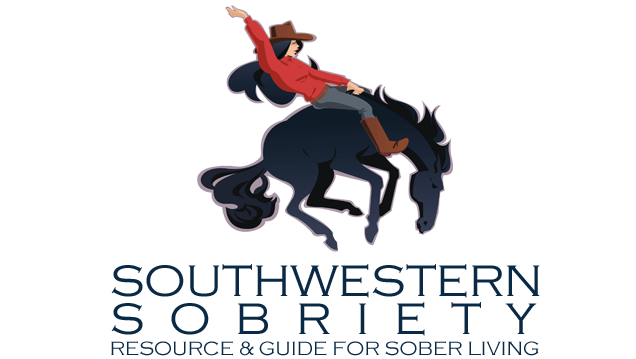
Almost all of the drugs, whether prescribed or over the counter, would adversely interact with alcohol. The doctor would normally advise the patient to avoid drinking alcohol during the period of taking the drug. Antibiotics, anti-fungus, antiviral and antidepressants are all reacting with alcohol to give hazardous side effects to the patient consuming alcohol, while taking drugs. Sticking to the doctor's advice would be the best thing that you could do, in order to get the full benefits of a drug.
Antibiotics are usually broken down by the liver and excreted through stools & urine. The time period for retention of the drug in the body will be decided by the doctor, after considering the medical history of the patient. But, alcohol would interact with the antibiotic and extend this retention time in the body. This would actually reduce the effect of the antibiotic on your body. There have been many cases of unwanted side effects reported in patients who took alcohol and drugs together. Dizziness, vomiting, nausea, increase of heart rate, shortness of breath and upset stomach are some of these side effects.
Alcohol would really hamper the healing process in the body by interacting with the antibiotic or any other kind of drug. The overall energy levels will decrease and the body will be more prone to be re-infected with the disease. If you are desperate in consuming alcohol during the medication period, it is better to inform it to your physician. Then, he would be able to advise you on the quantities of alcohol that you should be consuming, in order to minimize the effects that it would have on the prescribed drug. Most of the mouthwashes and some medicines that are being taken for common colds & coughs also consists of alcohol. You should be aware of this too.

